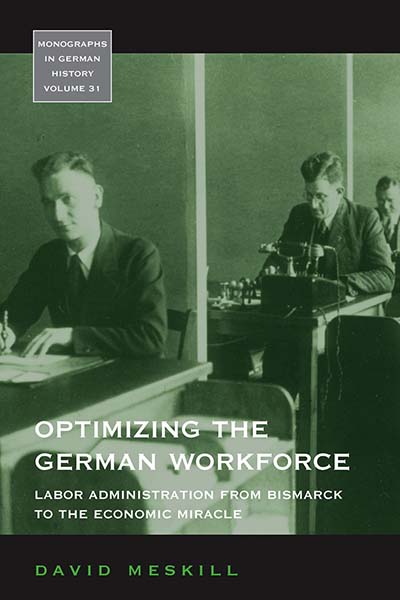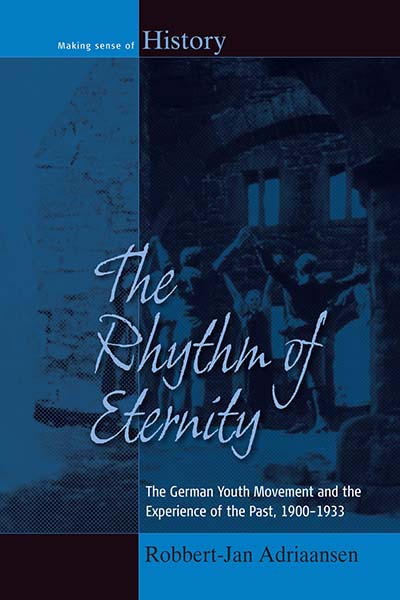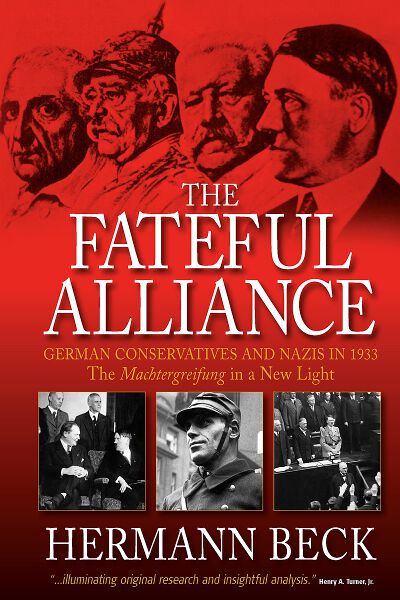
Series
Volume 31
Monographs in German History
See Related
History JournalsEmail Newsletters
Sign up for our email newsletters to get customized updates on new Berghahn publications.
Optimizing the German Workforce
Labor Administration from Bismarck to the Economic Miracle
David Meskill
Full Text PDF | Full Text ePUB Made available under a CC BY-NC-ND 4. license with support from Knowledge Unlatched.
290 pages, bibliog., index
ISBN 978-1-84545-631-3 $135.00/£104.00 / Hb / Published (April 2010)
ISBN 978-1-80073-729-7 $19.95/£15.95 / Pb / Published (November 2022)
Reviews
“[A] rich and closely argued work. He s hows convincingly how a bureaucracy could adapt to the specific interests of labor, employers, and the state itself under successive regimes to create such continuity. This study prompts one to ask whether other administrative areas with similar continuities quietly existed elsewhere as well, while providing the methodological tools to explore those continuities.” · German Studies Review
“Meskill’s book is well-documented, particularly its coverage of government initiatives.” · Journal of Modern History
“The author has presented an informative, clearly structured book and thrown new light on an area of employment policies that had previously been neglected by scholars.” · Vierteljahrschrift für Sozial- und Wirtschaftsgeschichte
"Meskill's enterprise is courageous, and the benefit of analysing concepts and institutional practices of vocational training and labour administration is evident. With such renewed approaches, it is worth revisiting some classic controversies of German historiography." · German History
Description
During the twentieth century, German government and industry created a highly skilled workforce as part of an ambitious program to control and develop the country’s human resources. Yet, these long-standing efforts to match as many workers as possible to skilled vocations and to establish a system of job training have received little scholarly attention, until now. The author’s account of the broad support for this program challenges the standard historical accounts that focus on disagreements over the German political-economic order and points instead to an important area of consensus. These advances are explained in terms of political policies of corporatist compromise and national security as well as industry’s evolving production strategies. By tracing the development of these policies over the course of a century, the author also suggests important continuities in Germany’s domestic politics, even across such different regimes as Imperial, Weimar, Nazi, and post-1945 West Germany.
David Meskill received a Ph.D. in Modern European History from Harvard University. He has published articles on the Labor Administration, applied psychology, and Alexis de Tocqueville. He is currently an Assistant Professor of History at Dowling College.
Subject: History (General)
Area: Germany
Optimizing the German Workforce by David Meskill is available open access under a Creative Commons Attribution-NonCommercial-NoDerivatives 4.0 International License (CC BY-NC-ND 4.0) with support from Knowledge Unlatched.
Full Text PDF | Full Text ePUB
OA ISBN: 978-1-78533-664-5




